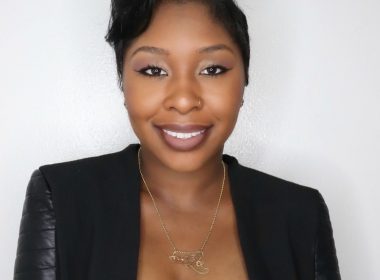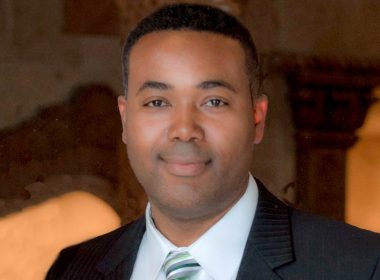Georgia State University professor Jonathan Gayles grew up a fan of hip-hop music. During his high school and college days, he enjoyed music by Public Enemy, N.W.A, and A Tribe Called Quest. But now that hip-hop has remained a viable music genre for more than 30 years, colleges and universities are studying its impact and message.
In fact, Harvard has a course and building dedicated to hip-hop called The Hip-Hop Archives.
Professor Gayles recently spoke with rolling out to share his thoughts on how hip-hop will be studied in the future.
We can argue that rap’s lyrical content was a bit more complex years ago with artists such as 2 Pac, Biggie Smalls, Rakim and Big Daddy Kane. But how will today’s rap artists be studied in the future?
Twenty years from now, are we going to be celebrating Trinidad James as a classic or Chief Keef? Maybe. What history does is it gives you this distance. I don’t think that we will necessarily celebrate some of the more troubling lyrics that we hear now. Especially, the misogynist lyrics that celebrate the destruction of other black men and the grade to which many people participate in their own oppression. I think we will acknowledge those lyrics as a moment in history. Hopefully, we will move through this moment in history where people in hip hop can have a broader range of expression.
Will the lack of substance affect how it’s viewed?
History is essentially a series of trends and people change and expressions change. I think most importantly we have to acknowledge that hip-hop is not producing the vacuum; you have record labels and major media conglomerates. Hopefully, we will look back at the way hip-hop is represented within these broader contexts; it’s not just about the artist. That’s a really interesting question. I hope that our consideration will also include other artists that we don’t hear on the radio that we should.
When you look at Nas, Jay Z, 2 Pac and Biggie Smalls, you can print their lyrics on paper and find deeper meanings to their struggle or success. Do you think some of today’s rap can stand the test of time?
Those are certainly giants. I think we need to study all of it. Something that many people seem to know is that black people are human beings. All black people aren’t the same. We need to understand the way in which rappers perform and why they perform in that way. We shouldn’t exclude some rappers because we don’t necessarily like their lyrics. We should study all of it. For me, Public Enemy was a huge influence on me growing up politically. I remember going to the library and buying books because they were referenced in the Public Enemy song. There are different generations. It’s a really interesting dynamic when you think about the different generations and what we think of as being classic and not.















